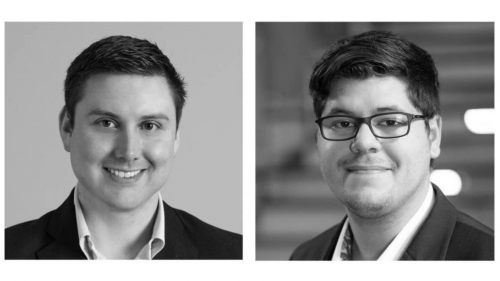By Shane Black, Office of the Dean of the Faculty
The Princeton Presidential Postdoctoral Research Fellows program, now in its fifth year, has selected 15 scholars for its 2024 cohort from disciplines spanning the humanities, engineering, the sciences and the social sciences. Two of these scholars, Ryan Feathers and Mohamed Kari, will join the computer science department. The program recognizes and supports outstanding scholars primed to make important contributions in their fields.
By bringing together scholars across academic fields, the program allows them to deepen their disciplinary expertise while testing out new ideas from other disciplines. These scholars will contribute to the University’s excellence and its diversity, broadly defined. Financial support is provided for up to two years at full salary.
“These scholars are addressing some of the biggest challenges facing humankind,” said Frederick Wherry, vice dean for diversity and inclusion in the Office of the Dean of Faculty and the Townsend Martin, Class of 1917 Professor of Sociology.

Ryan Feathers joins the Department of Molecular Biology and Department of Computer Science. His research focuses on developing methods for visualizing the molecular details of dynamic protein complexes involved in intracellular trafficking by combining AI image analysis with high-resolution electron microscopy. Feathers holds a Ph.D. in biochemistry from Cornell University and a B.S. in microbiology and biochemistry from Oklahoma State University. He is advised by Ellen Zhong, assistant professor of computer science, and Frederick Hughson, professor of molecular biology.
Mohamed Kari joins the Department of Computer Science, with a research focus on sensor-rich intelligent user systems. He aims to invent, build and study technologies that establish and exhibit a situational awareness of the user and the world around them, thus getting closer to experiences, applications and interactions that can seamlessly blend with the user’s space and mind. Kari holds a Ph.D. in computer science and an M.Sc. and B.Sc. in business information systems, all from the University of Duisburg-Essen, Germany. He is advised by Parastoo Abtahi, assistant professor of computer science.